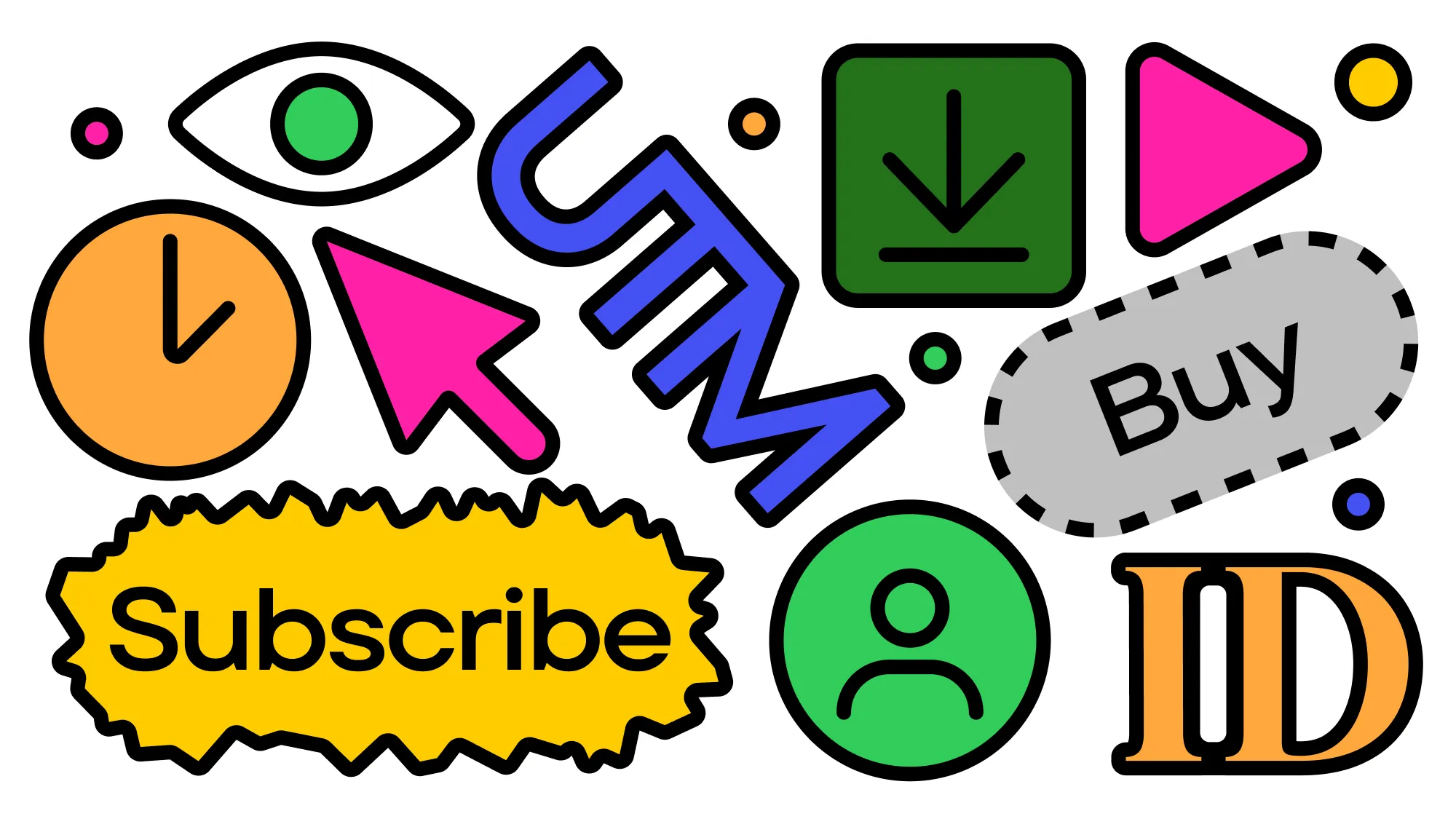What are we talking about?
There's a common myth that smartphones (both iOS and Android) are always listening to us. By analyzing our conversations, advertising services suggest topics related to what we've discussed.
It's enough to mention in the kitchen one evening how much you want to go on vacation to the Caribbean — and there it is: within a couple of hours, the entire internet and all your social media are flooded with ads for airline tickets and island hotels.
So what, it is not true?
It's a myth, of course! But it's a popular one. If you poll 10 people you know, you'll find a few who believe it.

Sergey, writer for the Bïrch blog: I have an example of an experienced IT specialist who refuses to discuss sensitive topics, such as finances, with a phone on the table. When discussing matters like taxes or investments, he insists that we leave our phones in the office and take a walk instead. I’m not joking!
Moreover, many companies want to sell this myth. The news regularly pops up in the media — they say that another startup is beginning to “sell” to customers data that it overhears from users' devices (you don't need to go looking for examples; here is one, and here is another).
So why isn't it true?
There are three explanations: market-based, technical-based, and psychological.
Market-based. You see relevant advertising online not because devices are listening to you. Instead, advertising services rely on advanced technologies to understand your interests. Current technology is proficient enough to deliver targeted ads.
A major search engine, such as Google, analyzes over 400 behavioral factors in a fraction of a second (often in 10 milliseconds or less). This means they can provide you with precise advertising based on your interests, the current state of the world, and various other parameters without any eavesdropping.
For example, if you're in Hawaii, the advertising platform learns about your interests in several ways. It might notice that you spend more time following friends on Instagram who have vacationed in Hawaii or that you briefly looked up ticket prices on your work device.
Technical. Listening to everything a person says and processing that data in real-time is both costly and time-consuming. It requires a high-powered device, constant high-speed internet access, and a battery with limitless capacity.
In movies, we often see special agents “bugging” an important individual. But what if there are billions of important people in the world? Non-stop surveillance of everyone is more akin to science fiction than reality.
Psychological. People are highly susceptible to the nocebo effect, which occurs when our minds create false connections. For example, weather sensitivity illustrates this phenomenon. Research has shown that there is no real link between bad weather and conditions like headaches or depression.
Nonetheless, people often notice that they experience a headache on overcast days, despite getting headaches just as frequently on sunny days. We tend to make connections between conversations about topics, such as Hawaii, and the ads we see, often overlooking instances where we aren’t shown products — like blister medicine — after discussing them.
Sergey, editor of the Bïrch blog: Would you like an experiment? Try talking near your phone about excavators for a while. Then check if you will be shown more excavator ads on Instagram.
Google definitely can't hear me?
Not on our smartphone. But if you broadcast live on YouTube, the service will, of course, adapt.

Here's an example: a blogger was streaming on YouTube and talking out loud about dog toys (he doesn't have a dog). After a few seconds, the ads adapted! But this is different: the person was talking about himself during the broadcast.
Is Google always listening: Live Test
Okay. Is the fact that advertising platforms track my behavior me without listening to me bad?
It's already happening, and there's nothing you can do about it. Advertising platforms have improved their ability to recognize users, which has led to more targeted advertising and a reduction in overall ad clutter.
We've largely forgotten how the Internet used to be filled with banner ads, and how we had to deal with annoying pop-up windows because advertisers didn't know who their audience was.
Today, that era is behind us. While advertising has become more precise, it has also evolved to be more engaging and effective.

What are we talking about?
There's a common myth that smartphones (both iOS and Android) are always listening to us. By analyzing our conversations, advertising services suggest topics related to what we've discussed.
It's enough to mention in the kitchen one evening how much you want to go on vacation to the Caribbean — and there it is: within a couple of hours, the entire internet and all your social media are flooded with ads for airline tickets and island hotels.
So what, it is not true?
It's a myth, of course! But it's a popular one. If you poll 10 people you know, you'll find a few who believe it.

Sergey, writer for the Bïrch blog: I have an example of an experienced IT specialist who refuses to discuss sensitive topics, such as finances, with a phone on the table. When discussing matters like taxes or investments, he insists that we leave our phones in the office and take a walk instead. I’m not joking!
Moreover, many companies want to sell this myth. The news regularly pops up in the media — they say that another startup is beginning to “sell” to customers data that it overhears from users' devices (you don't need to go looking for examples; here is one, and here is another).
So why isn't it true?
There are three explanations: market-based, technical-based, and psychological.
Market-based. You see relevant advertising online not because devices are listening to you. Instead, advertising services rely on advanced technologies to understand your interests. Current technology is proficient enough to deliver targeted ads.
A major search engine, such as Google, analyzes over 400 behavioral factors in a fraction of a second (often in 10 milliseconds or less). This means they can provide you with precise advertising based on your interests, the current state of the world, and various other parameters without any eavesdropping.
For example, if you're in Hawaii, the advertising platform learns about your interests in several ways. It might notice that you spend more time following friends on Instagram who have vacationed in Hawaii or that you briefly looked up ticket prices on your work device.
Technical. Listening to everything a person says and processing that data in real-time is both costly and time-consuming. It requires a high-powered device, constant high-speed internet access, and a battery with limitless capacity.
In movies, we often see special agents “bugging” an important individual. But what if there are billions of important people in the world? Non-stop surveillance of everyone is more akin to science fiction than reality.
Psychological. People are highly susceptible to the nocebo effect, which occurs when our minds create false connections. For example, weather sensitivity illustrates this phenomenon. Research has shown that there is no real link between bad weather and conditions like headaches or depression.
Nonetheless, people often notice that they experience a headache on overcast days, despite getting headaches just as frequently on sunny days. We tend to make connections between conversations about topics, such as Hawaii, and the ads we see, often overlooking instances where we aren’t shown products — like blister medicine — after discussing them.
Sergey, editor of the Bïrch blog: Would you like an experiment? Try talking near your phone about excavators for a while. Then check if you will be shown more excavator ads on Instagram.
Google definitely can't hear me?
Not on our smartphone. But if you broadcast live on YouTube, the service will, of course, adapt.

Here's an example: a blogger was streaming on YouTube and talking out loud about dog toys (he doesn't have a dog). After a few seconds, the ads adapted! But this is different: the person was talking about himself during the broadcast.
Is Google always listening: Live Test
Okay. Is the fact that advertising platforms track my behavior me without listening to me bad?
It's already happening, and there's nothing you can do about it. Advertising platforms have improved their ability to recognize users, which has led to more targeted advertising and a reduction in overall ad clutter.
We've largely forgotten how the Internet used to be filled with banner ads, and how we had to deal with annoying pop-up windows because advertisers didn't know who their audience was.
Today, that era is behind us. While advertising has become more precise, it has also evolved to be more engaging and effective.
















